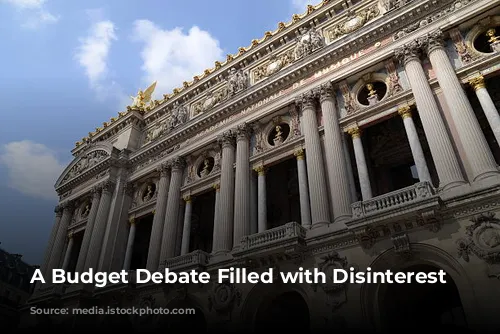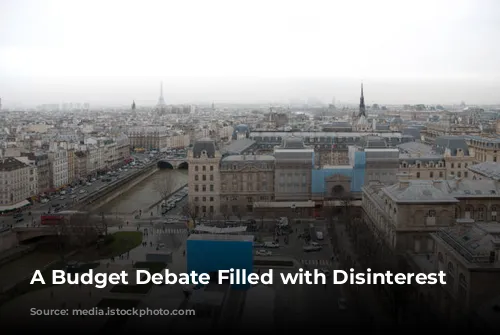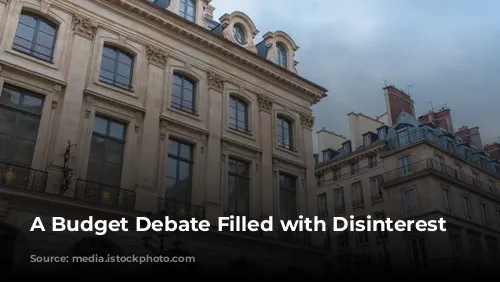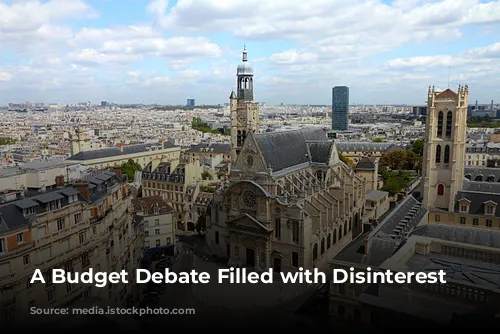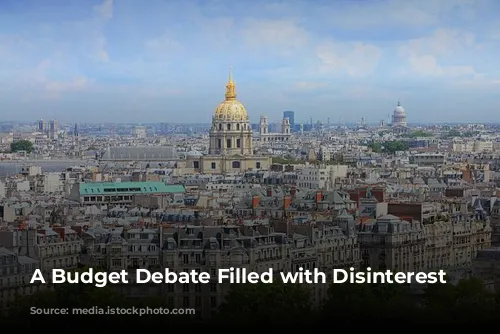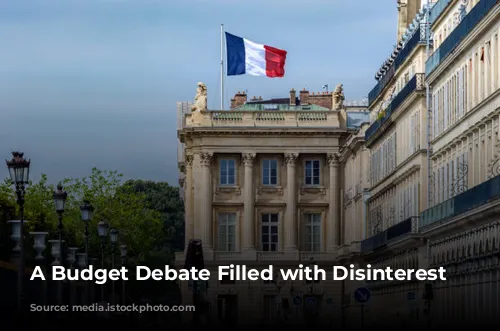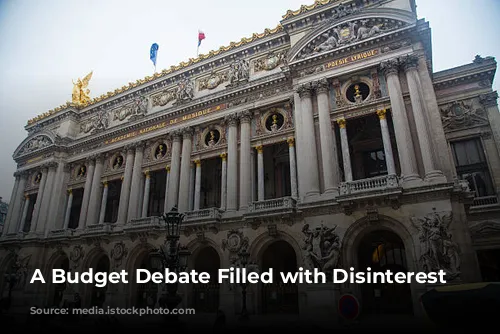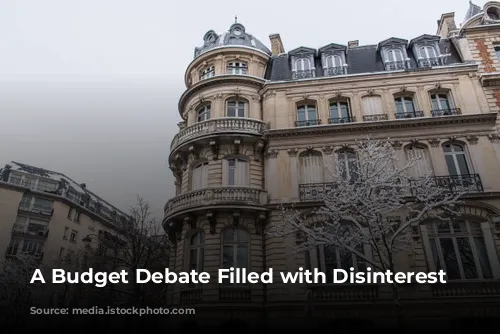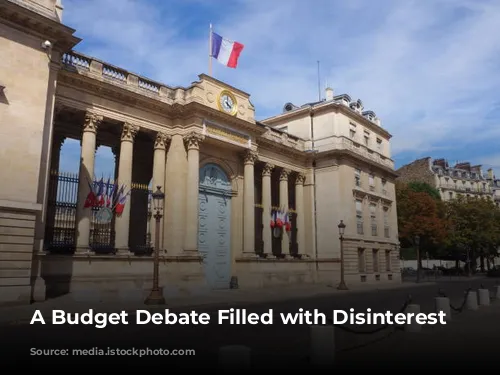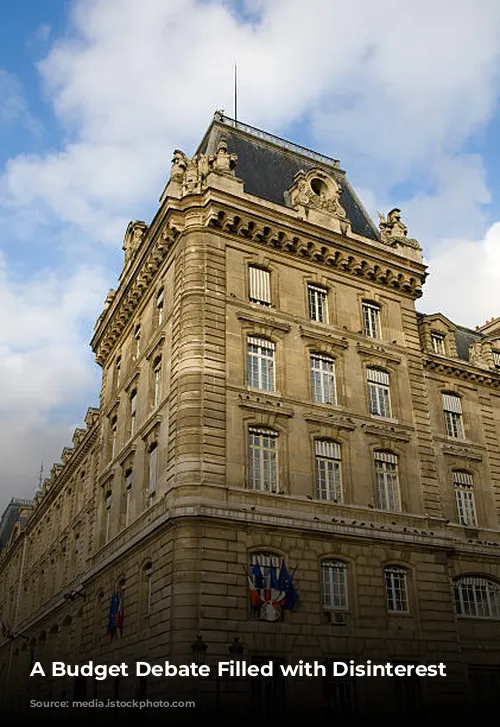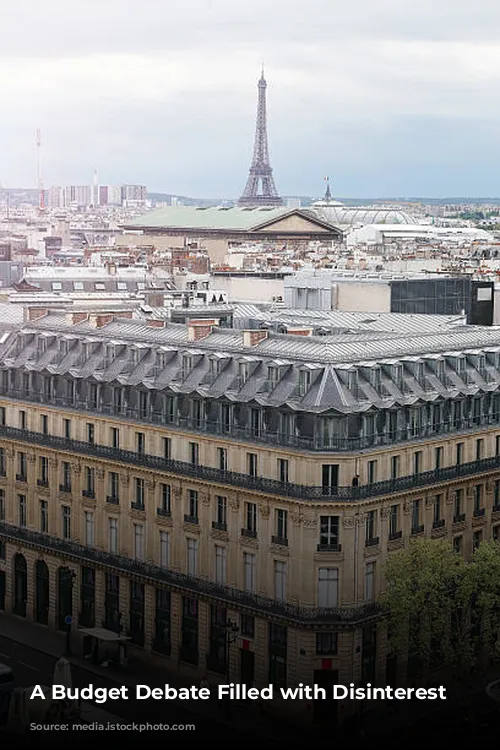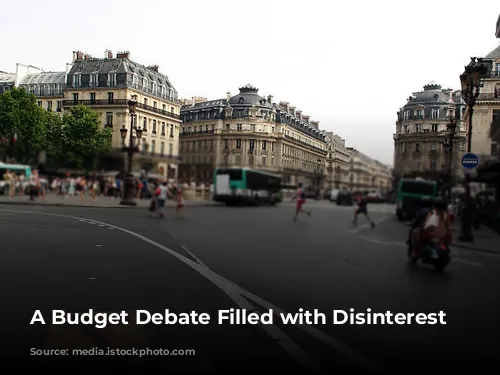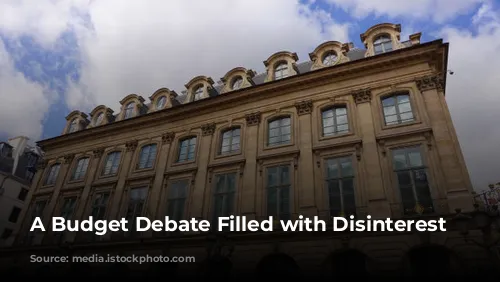It’s no exaggeration to say that enthusiasm for the 2024 budget was in short supply. The examination of the budget in the National Assembly, beginning on the evening of October 17th, was met with a profound lack of interest from both the government and the elected officials. This apathy is easily explained, as everyone knows that the debate will be abruptly cut short by the 13th invocation of Article 49.3 of the Constitution, allowing the government to push the budget through without a vote.
The speeches delivered by Bruno Le Maire, Minister of Economy and Finance, and Thomas Cazenave, Minister in charge of Public Accounts, fell on deaf ears. With the fate of the budget already sealed, few members of parliament paid attention to the ministers’ pronouncements. Those who did, often found themselves distracted by their phones or even engaged in online shopping, as was evident in the case of one ruling party member who only paused her purchases to clap at the end of her allies’ speeches.
Le Maire’s self-congratulatory remarks, praising the “steadfastness of the majority” and its “supply-side policy that has delivered some of the best results among all major eurozone economies,” were met with only a few weak rounds of applause from Renaissance party members. His attempts to criticize La France insoumise, accusing them of wanting to unleash a “fiscal deluge” and imagining “a world where everything is free,” did not provoke the expected rebuttals from Mathilde Panot’s team. Cazenave, making his debut as the new Minister of Public Accounts, found himself in a similar predicament. He spoke at length about a “balanced” and “responsible” budget, but his words went unheard by the assembled members.
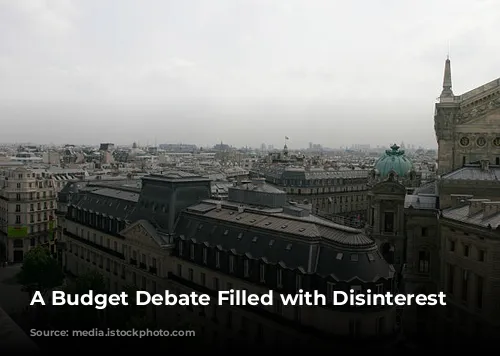
A Moment of Discord
The first sign of dissent came from Éric Coquerel, President of the Finance Committee and a member of La France insoumise. In a display of symbolic defiance, Coquerel condemned the government’s “neoliberal policies” and declared that the budget would “not solve anything,” “fail to meet its deficit reduction targets,” and “do nothing to help the French people.” However, even Coquerel’s passionate critique couldn’t break the general atmosphere of apathy in the gallery.
The only moment when the mood in the Assembly changed was during the speech of Charlotte Leduc, another La France insoumise member. As Leduc spoke about the budget being “the most austere our country has ever seen,” members of parliament began to stir, filling the previously sparsely populated benches. The reason for this sudden surge of energy was clear: Leduc was proposing a motion to reject the government’s budget proposal, forcing a vote before the bill could be debated in detail.
Despite the flurry of activity, the outcome was already known. The motion was easily defeated, with 90 votes in favor, 209 against, and 41 abstentions. This single vote, most likely the only one the National Assembly will cast on the 2024 budget, symbolizes the hollow formality of the entire process. The debate was predetermined, the outcome already decided, leaving the future of the budget in the hands of a disinterested and distracted parliament.
